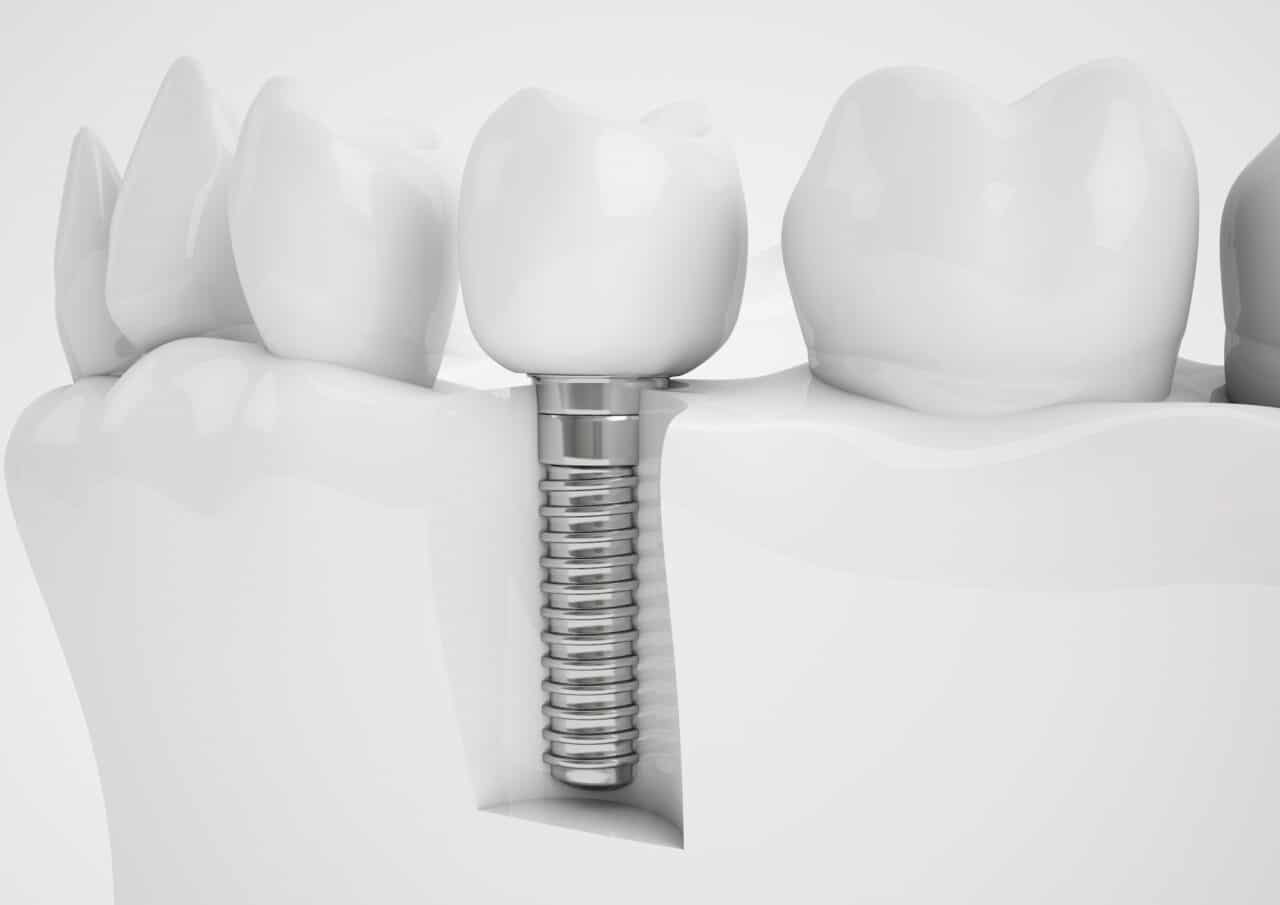Metal dental implants have revolutionized modern dentistry, offering a permanent solution for missing teeth that’s backed by over 50 years of clinical success. Did you know that these titanium-based replacements are so durable that they can last a lifetime with proper care? Unlike temporary solutions, metal dental implants actually become part of your jaw through a remarkable process called osseointegration, where the implant fuses with your natural bone.
For millions of patients worldwide, these biocompatible titanium posts have restored not just their smiles, but their ability to eat, speak, and live confidently. Whether you’re considering implants for the first time or researching options for tooth replacement, understanding the science and benefits behind metal dental implants can help you make an informed decision about your oral health future.
Today’s metal dental implants combine cutting-edge materials science with precision surgical techniques, delivering success rates above 95% when placed by experienced professionals. From single-tooth replacements to full-mouth restorations, these metal anchors provide the foundation for the most natural-looking and functioning tooth replacement option available in modern dentistry.
Metal Dental Implants: A Comprehensive Guide
Metal dental implants, primarily made from titanium, represent the gold standard in tooth replacement technology. These biocompatible implants offer a permanent solution for missing teeth, providing both functionality and durability.
Benefits of Metal Dental Implants
Titanium dental implants offer several distinct advantages:
- Outstanding durability and strength
- Exceptional biocompatibility with human tissue
- Proven track record spanning decades
- Superior osseointegration capabilities
- Cost-effective long-term solution
The unique properties of titanium allow it to fuse naturally with bone tissue, creating a stable foundation for replacement teeth that can last a lifetime with proper care.
Strength and Longevity
Metal implants demonstrate remarkable strength, easily withstanding the daily forces of chewing and biting. Unlike traditional dentures or bridges, titanium implants provide a permanent solution that doesn’t require replacement every few years.
The Metal Dental Implant Procedure
The implant process typically involves several stages:
1. Initial consultation and comprehensive oral examination
2. Digital imaging and treatment planning
3. Surgical placement of the titanium post
4. Healing period for osseointegration (3-6 months)
5. Placement of the final crown
During surgery, the titanium post is precisely positioned in the jawbone under local anesthesia. The healing process, known as osseointegration, allows the implant to become firmly anchored in the jaw.
Metal vs. Ceramic Dental Implants
While both options have their place in modern dentistry, metal implants offer distinct advantages:
Titanium Benefits
- Superior strength for posterior teeth
- Lower cost compared to ceramic
- Extensive clinical research backing
- Higher success rates
Ceramic Considerations
- Better aesthetics for front teeth
- Higher cost
- Less long-term research available
- Potentially more brittle
Safety and Biocompatibility
Titanium implants have an exceptional safety profile, with allergic reactions being extremely rare. The material’s biocompatibility means it’s well-accepted by the human body, making it an ideal choice for dental implants.
Common Concerns Addressed
Many patients wonder about metal detectors and implants. Rest assured, titanium dental implants are non-ferromagnetic and won’t trigger airport security systems or interfere with MRI machines.
Aftercare and Maintenance
Proper care ensures the longevity of your metal dental implants:
- Brush twice daily with a soft-bristled toothbrush
- Floss daily using implant-specific floss
- Use an antimicrobial mouthwash
- Schedule regular dental check-ups
- Avoid smoking and excessive alcohol consumption
FAQ Section
Q: Will dental implants set off metal detectors?
A: No, titanium implants are non-magnetic and won’t trigger security systems.
Q: How long do metal dental implants last?
A: With proper care, metal dental implants can last a lifetime.
Q: Are metal implants safe for those with metal allergies?
A: Titanium is highly biocompatible, and allergic reactions are extremely rare.
Citations:
MD Periodontics
Mayo Clinic
Living Wellness Dental
For expert consultation on metal dental implants and to discover if they’re right for you, trust the experienced team at Smile Vegas Dental. Schedule your consultation today.


